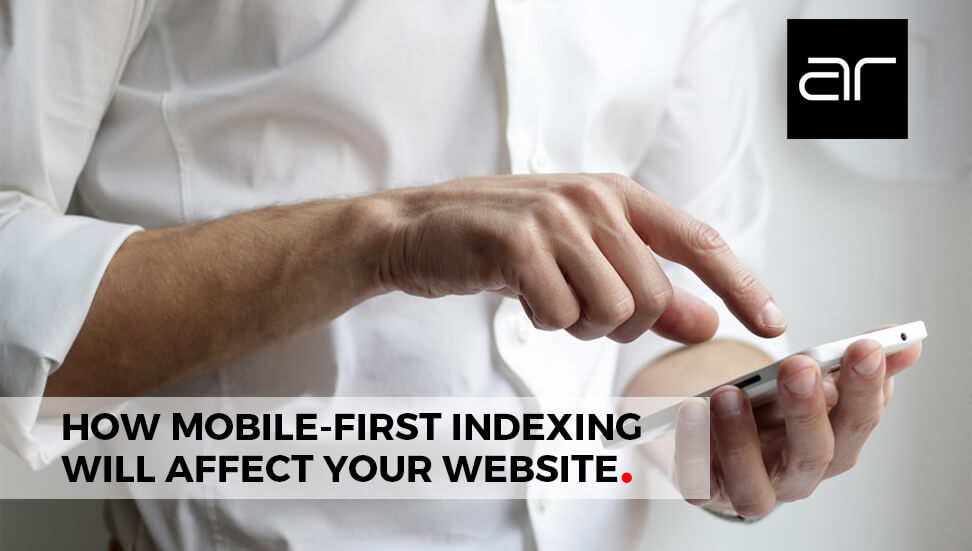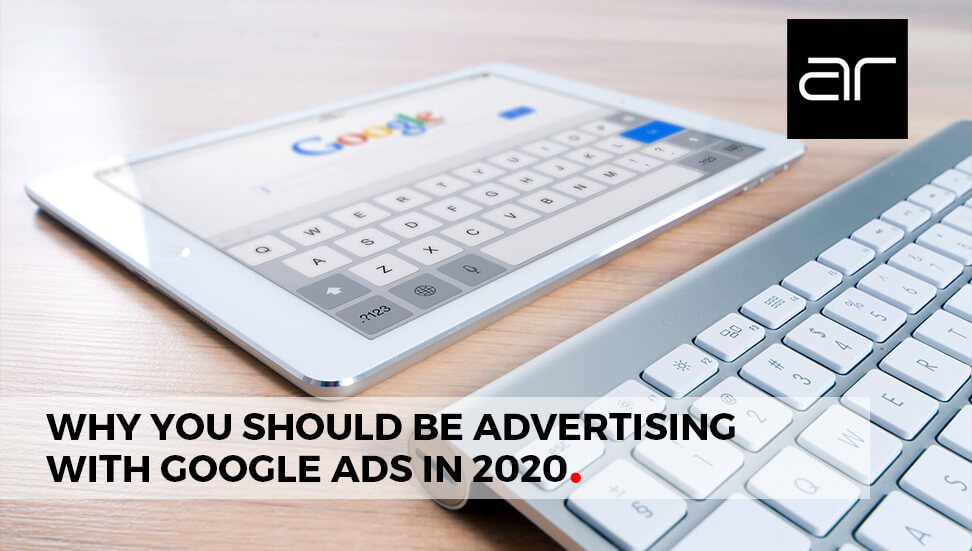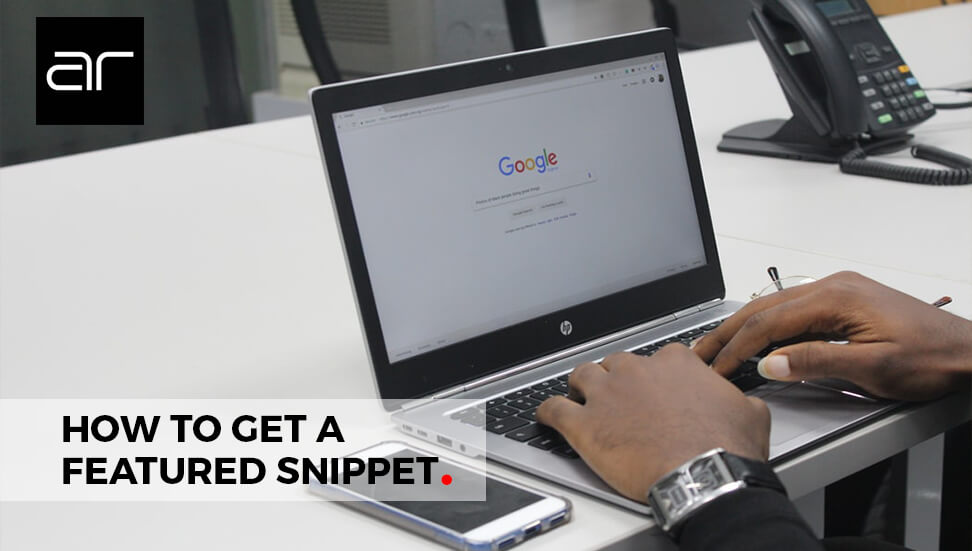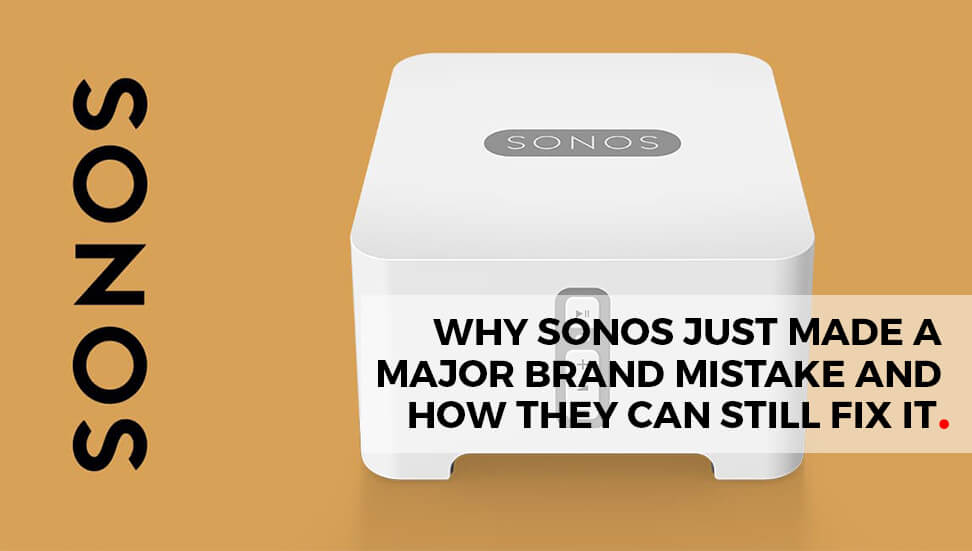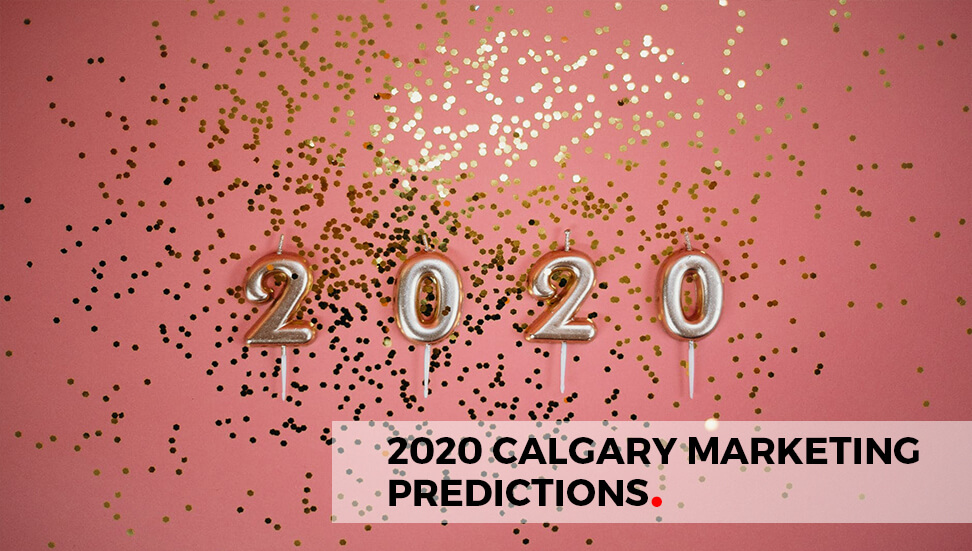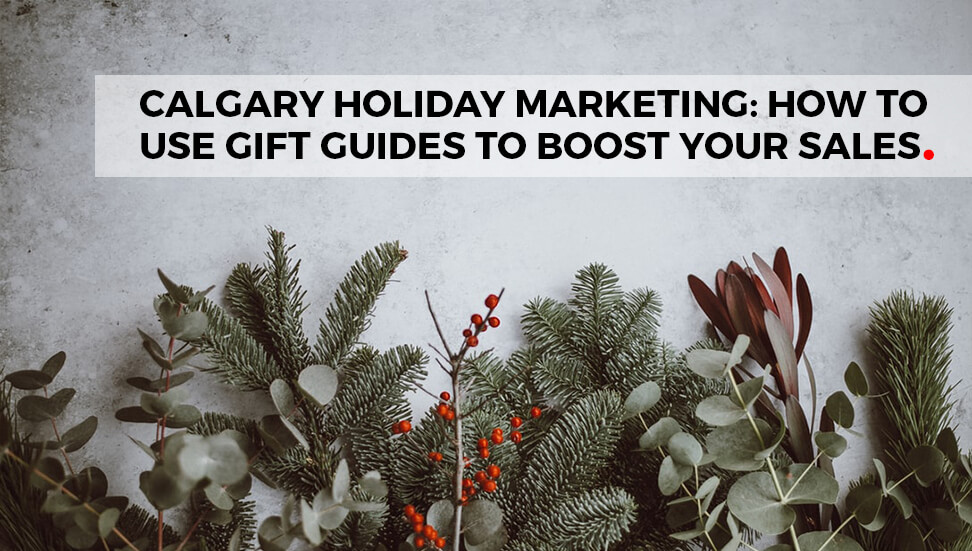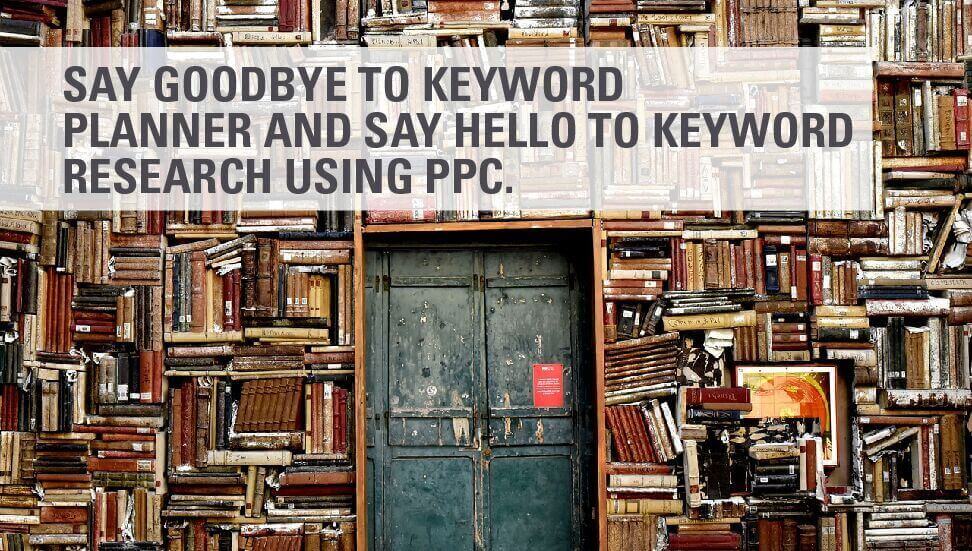Say Goodbye to Keyword Planner and Say Hello to Keyword Research using PPC.
When Google announced that they were revoking free full access to its Keyword Planner I, probably like the rest of you, sighed and thought Google is sticking to its SEOs quirks, again. What are we going to do? We could invest in a third party tool, which is expensive and only as good as their sample size.
This got me thinking: if I’m going to pay for a keyword research tool anyway, why not use pay-per-click for my keyword research? Maybe if I create a small PPC campaign I can get the keyword data I need.
When you use the Keyword Planner you have to start brainstorming a list of potential words. Keyword Planner can help me identify new keywords but the really useful ones you should be able to trip off the top of your head. The next ones aren’t so easily obtained.
Here are three steps that help:
- Brainstorm a list: Start by getting the client’s input as they will have keywords they want to target and they will know associated words in the industry with which you may not be familiar. From there try to think of synonyms for this keyword. For instance, if my keyword is widget there could also be references to doohickey or whatchamacallit. It pays to think way out of the ‘box’. In fact, don’t have a box! Or even, throw the box away and have a balloon. A big one. That stretches a long way. You get what I mean.
- Try to find words that modify the original keywords: Here you’re looking for long-tail opportunities. Ask yourself “what kind of ways would someone want to use what I have to offer?” This could be modified like colour. It could be solutions like “services” or even “solutions”, you could add geographical modifiers as well. Two great tools to help identify modifiers are ubersuggest or keyword.io.
- Organize all of these onto an Excel spreadsheet: Each column contains rows of synonyms. Try to add modifiers in adjacent columns, with mutually exclusive modifiers in each row. Do this so you can take several columns to mergewords.com to assemble these lists into all the possible variations.
This may take a few hours but the outcome will be worth it. It is only now that a small PPC campaign can help. Once you start to get clicks on your campaign, find the search queries that accompany the clicks. These search queries aren’t guessed: they are actual phrases potential customers have entered while looking for you or your offer. It may take longer but PPC data is better than the data received from Keyword Planner.
Now that you know people are looking for you, you need to know which phrases they use more frequently. Knowing this information helps you establish your priorities and your opportunities. Now is the time to introduce the Keyword Planner to compare terms against each other. The next logical step would be for you to find whether a potential customer is looking for one phrase more than another. You can also discover how customers are more likely to search for your services. The more you know about how your target audience searches, the more you are able to tailor your searches for success. It is built up over time, but the data you collect is extremely pertinent to your marketing. It will give you the right direction over several digital media.
That’s not all you want to know, though. Just because people search for a phrase doesn’t mean they want what you’re offering. To counteract this, for each phrase, apply a formula to Google’s provided search data:
Volume x Competition x Estimated CPC = Opportunity
If you apply this formula to all your terms, you’ll see that some phrases with a lot of search volume provide less opportunity than phrases with more CPC. You don’t just want clicks; you want customers. Applying the “Volume x Competition x Estimated CPC” formula helps show you where the keyword opportunities exist. Of course, if you’ve set up a small PPC campaign, you’ve already got all this information. With each keyword research, your PPC campaign will tell you:
- Impressions: It’s important to remember that Impressions and Search Volume represent different things. There will always be more search impressions (number of people searching for your phrase) than people who see your ad. It still serves the same purpose: giving you an idea of which phrase people look for most.
- Competitiveness: Rather than rely on Google’s estimated CPC data, you’ll know for sure. In fact, in some small campaigns, you might not be able to bid enough for your ads to show up. If that’s the case, you know it’s a very competitive phrase.
With a small PPC campaign, you get all this data without the extra steps you’d need if you were using the Keyword Planner. Google will always have a love-hate relationship with SEOs, so don’t be discouraged. Don’t get angry. You can still strike back.
You could simply use Bing Ads for your PPC keyword research.


